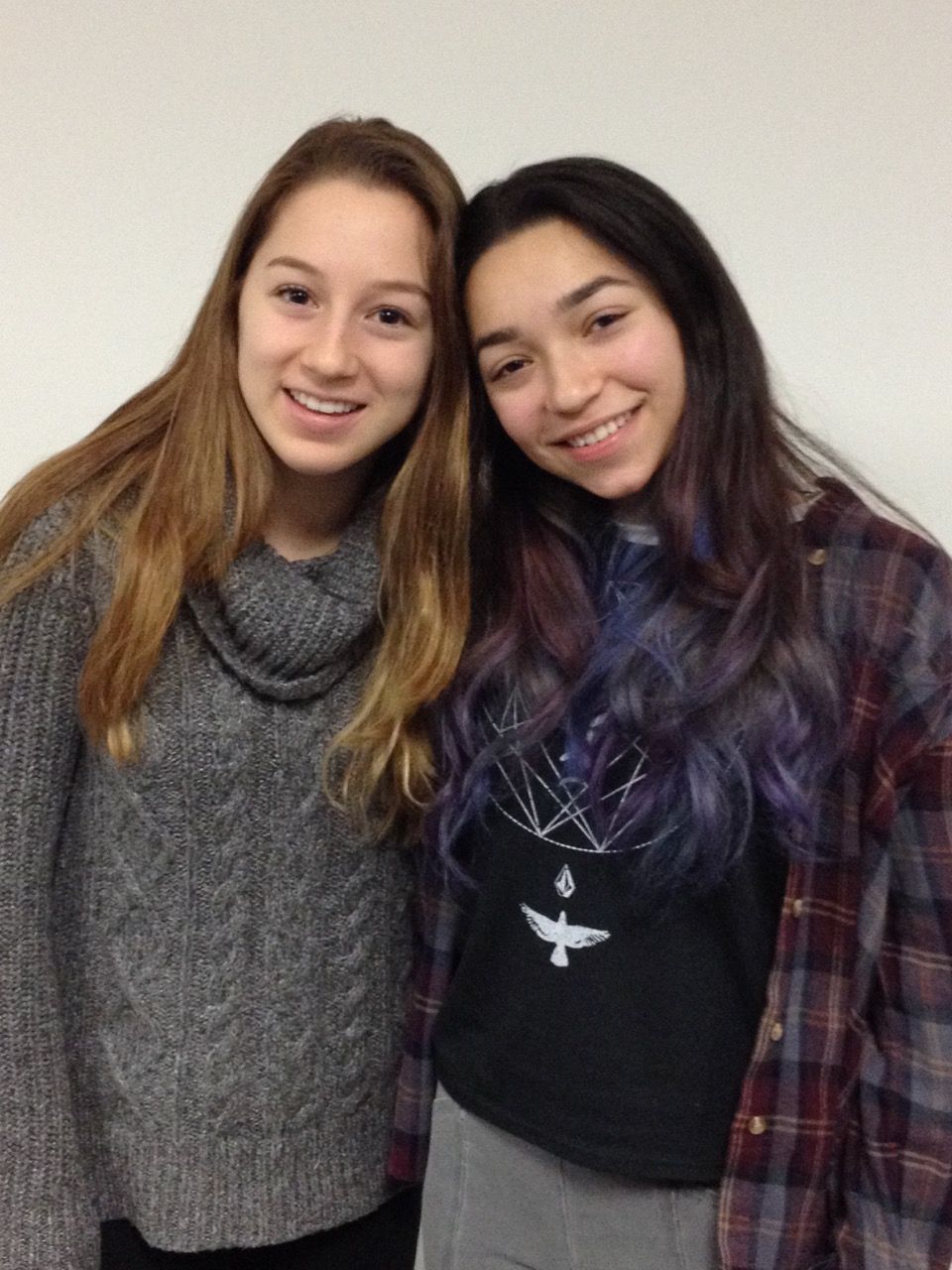The East Williston School District devoted almost its entire February work session to a book.
East Williston Superintendent Elaine Kanas said “Mindset: The New Psychology of Success,” by Carol Dweck, a psychology professor at Stanford University, is “our first All District Read, and we are discussing it in a variety of venues: faculty meetings; parent coffees; in the newsletter, etc. The board work session was one more venue to examine the book’s ideas (with) the community.”
Wheatley School Principal Sean Feeney said the book was distributed last spring to all staff, in all three district buildings, and was discussed at the high school in October.
Feeney said he also taught the book in some classes at Wheatley, and two of his students spoke at the meeting.
According to some video clips shown at the start of the discussion, “The foundation of Carol Dweck’s work is the idea that intelligence is not fixed, but can change, and the mind can grow like a muscle.”
Dweck conducted an experiment with 400 students, all of whom took an “easy” IQ test, school officials said.
Half were then randomly praised for “being smart,” while the other half were praised for “working hard.”
Those praised for being smart tended to avoid a challenging follow-up test and ultimately performed significantly worse than the “hard workers.”
In “Mindset,” Dweck ties these results to whether the student holds a “fixed” mindset, believing that their IQ is essentially unchangeable, or has a “growth” mindset which holds that intelligence can develop throughout life, especially in response to challenges.
Dweck’s book encourages parents, teachers, and business leaders to nurture a “growth” Mindset, in themselves and others.
Kanas said“It’s not about hard work. It’s the idea of ‘Where do you attribute success?’ If a kid is in a gifted program, those could be the students who never stretch. They worry that ‘My teacher won’t think I’m gifted any more’ — so they don’t want to take any risks.”
Two Wheatley students spoke to the meeting about how each of them used “Mindset” to work on a challenge they felt stuck on.
Lindsay Mosca, a junior, said “I took Spanish from seventh through 10th grade and then stopped; but I still want to pursue languages in my life. My best friend speaks Portuguese, so I asked her to teach me Portuguese. I’m not completely fluent, but it got me past something I felt “fixed” on, and I did get past it.”
Brianna Clarfield, a senior, decided to implement three days of a regimen she had learned during the summer, at a 200-hour training in Vinyasa Yoga.
“I wanted to spend three days totally according to Ayurvedic principles,” Clarfield said. “It meant turning all electronic devices off; no blue screens; asleep by 9:30 p.m., up at 4:30 a.m. for meditation; and eating only the foods in my ‘dosha.’ It was very difficult, and I didn’t think I could do it — I couldn’t do it for more than three days because of midterms. But It was really, really interesting.”
Students and teachers agreed that one key to a “growth” mindset is an environment where it feels safe to take risks.
Stephen Collier, English teacher and Secondary ELA chair, said that “We need to build a place where it’s safe to fail, and experimentation is okay.”
Mosca praised “the safety to speak and get things wrong! It was good to see there’s science behind failures, and everything you struggle with you’ll end up benefiting from in the end.
Before, when I failed a test, I didn’t even want to try. Now, I feel I can move forward.”
Another key element of the “Growth” mindset, according to Collier, is time — class time. “A double block every other day is better than a single block every day. It’s difficult to get anywhere in 35 minutes.”
“We’re not going to be perfect at everything,” Kanas said. “But how do we build perseverance? How do we nurture this, in families and in the community? If the community says, “Here’s something we’d like to change,” do they feel they can come to you? They need to be willing to reach out, and we need to be willing to listen.”
Ultimately, Kanas said, she felt that the district’s first school-and community-wide book discussion was a success.
More information about the book “Mindset,” and links to relevant Youtube videos, are available at https://mindsetonline.com/whatisit/about/.



